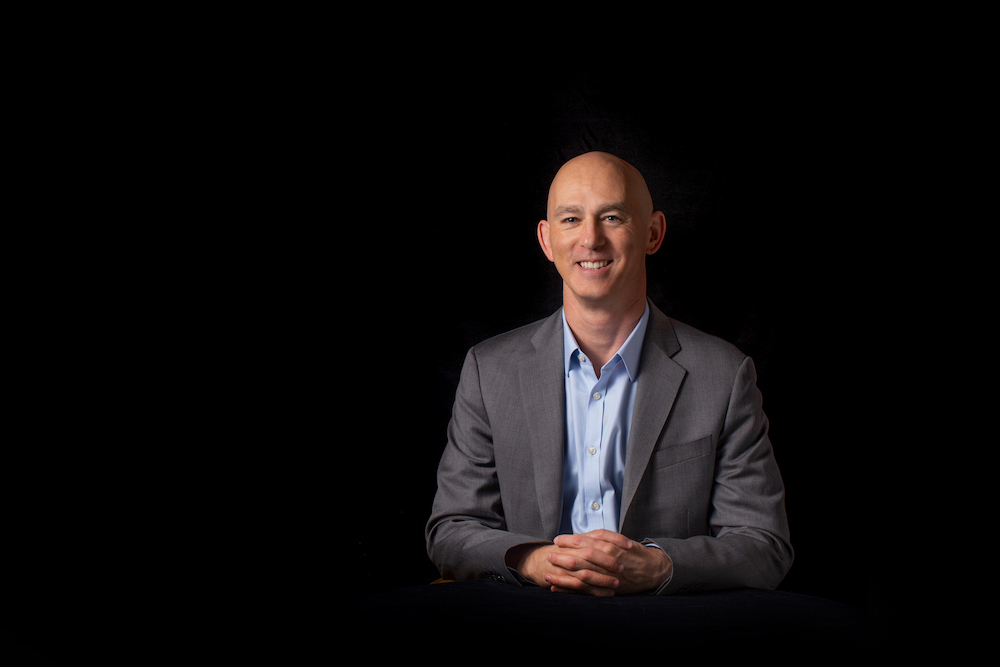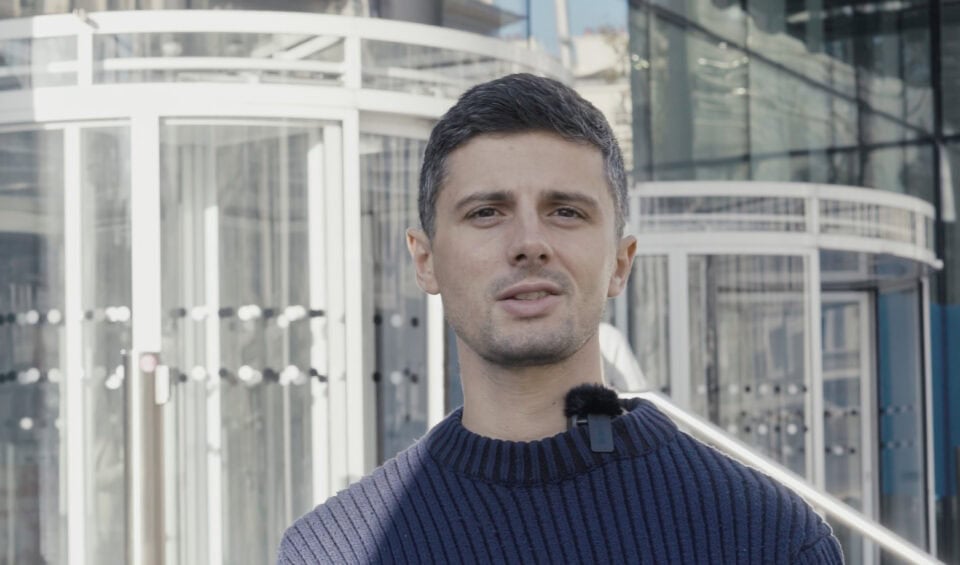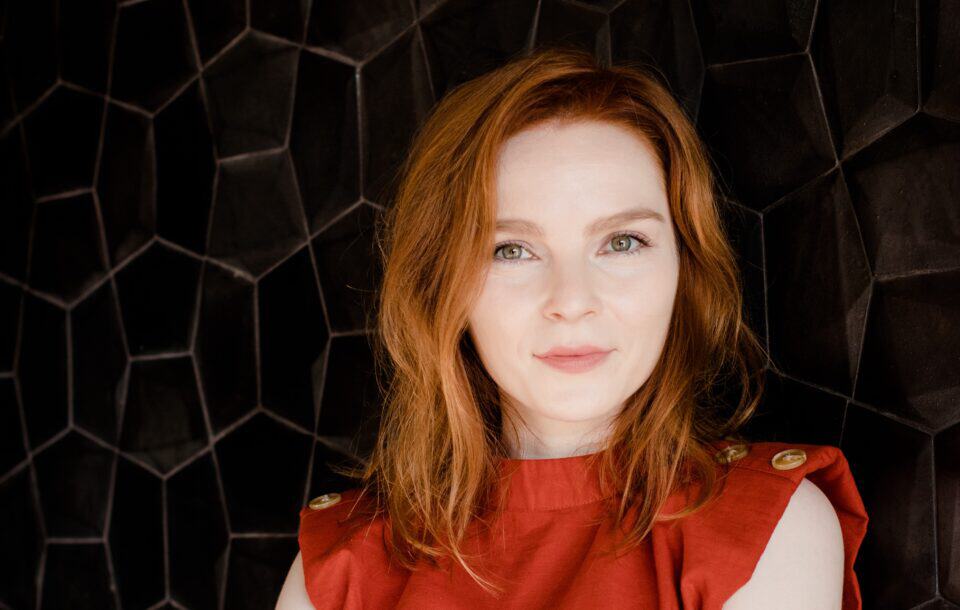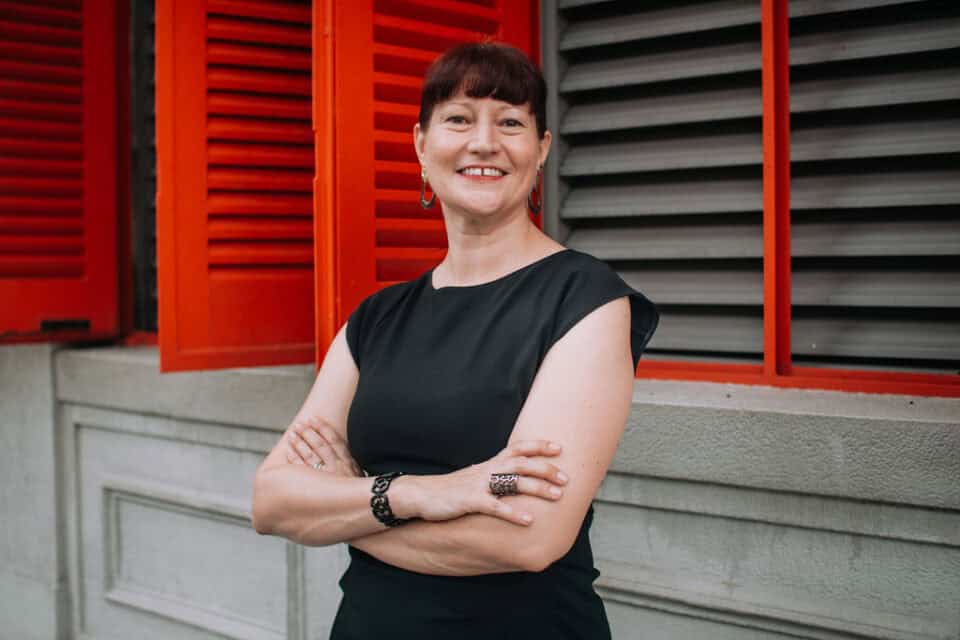Name: Mike Magee
Occupation: President, Minerva University
Location: San Francisco, US
Mike Magee might have just had the busiest five months of his life after he embarked in his post in April 2022. The PIE talks to him amidst an already busy week.
“It’s been fun,” he says, reminiscing already in his short time as president of Minerva University, a uniquely innovative institution that operates around the globe.
“I’ve spent most of these five months on an airplane, travelling all over the world to meet with our alumni, partners and donors in cities around the world, but it’s also good for my own education.
“I really wanted to make sure that I understood the university and every facet of the university as well as I possibly could to represent it well,” he continues.
Magee wants to ensure the university is growing strategically, despite the institution already having the label of the most innovative university in the world.
“I think that’s well deserved, but not always understood,” he observes. While Minerva operates largely online, it also serves students on the ground.
In seven cities across the globe, including Berlin, Buenos Aires, Hyderabad, London, San Francisco, Seoul and Taipei, Minerva serves its students with state-of-the-art accommodation – allowing students to perfectly integrate with the city’s culture while learning through a unique pedagogy.
“We’re committed to true immersion, so our students are not in some isolated campus in those cities – they’re immersed in those cities – they live in residency halls in the middle of those cities.
“In a very real way, that city is their classroom. We’ve developed projects that are city based that they are using to learn how to solve complex problems related to the cities where they’re living,” Magee explains.
Students also undertake internships in their chosen cities, run by Minerva’s partner companies, and non-profit organisations, allowing for that full immersion – what that looks like in Hyderabad is very different from what that looks like in Seoul or Buenos Aires.
“What you emerge with from those experiences is not only a much deeper level of cultural understanding of that place where you’ve been living, but also, I think, a unique perspective on how culture impacts solutions to particular problems.”
To get to this point, promoting a platform that is so unique in the international education sector, Magee has had a storied career.
As a college professor in literature and philosophy for ten years, he focused on the relationship between language and social change – even writing a book about that experience entitled Emancipating Pragmatism.
“Students emerge with a unique perspective on how culture impacts solutions to particular problems”
“I then had a unique opportunity to create my own public schools in the US. I had gone to public schools in the 1970s that were racially integrating around that time, which had a profound effect on me. So really, since I was a child, I’ve been interested in the possibilities of bringing young people together across the lines of difference in school and the benefit that has on communities,” he remembers.
After creating a non-profit organisation to build more schools of that model, and another that supported many of the largest school systems leaders in the US, which he ran for 15 years, the success was clear.
“When Minerva reached out to me to ask whether I’d be interested in the president’s post, it was an opportunity I didn’t feel like I could pass up – it was doing this thing that I cared so much about, bringing students together across all kinds of lines of cultural difference and economic difference on a global scale,” Magee says.
Those lines of cultural difference are blurred in a different way for Minerva. Unlike a large number of schools in Canada, the US and the UK, which are seeing extremely high numbers of students from India and China, the reach of Minerva and its unique accommodation setup allows for a bigger diversity makeup.
“Whether it’s North or South America, Africa or the Middle East, Europe or Asia, we have fairly even numbers from each of those regions. It’s not surprising that we’ve had more students from nations where you have networks like the African Leadership Academy for example, or United World College, where people are more familiar with us – but beyond that I wouldn’t say there’s an international pattern,” he says.
Magee does stress that one goal he has for Minerva is having an equal amount of awareness and energy in nations around the world, and that it not be so random going forward,” he adds.
In terms of projects and subjects, Minerva already boasts an extremely unique pedagogy and course offering. Being “internationally interdisciplinary” in its approach to education, Minerva’s virtual learning platform is designed to enable active learning online that is synchronous wherever one is in the world.
Small seminars encourage that extra participation, unlike other online platforms, Magee observes.
“If you are on in one of those seminars in our virtual environment, you would never see a student off camera, or unprepared – all of our students are engaged in active, very deep dialogue. Everyone is in the front row,” he explains.
The global cultural immersion, interdisciplinary learning and active learning in the virtual environment bring in an “elegant, mutually reinforcing combination”.
Minerva now offers a minor in sustainability, which incorporates the one of the world’s most pressing issues into its pedagogy.
“We’ve also aligned that course to a new lab that we’ve designed that will allow students to collaborate with faculty on research projects, and even potentially the incubation of new companies within the lab,” he remarks.
Minerva was founded back in 2012, and so the big question The PIE has for Mike Magee is what the next ten years holds for this unique institution.
“If you are on in one of those seminars in our virtual environment, you would never see a student off camera, or unprepared”
“The next ten years is going to be all about maximising our potential and our impact. We have a plan now to grow from 600 undergraduate students to 2100 over the next ten years – and not only in our current rotation cities, but to explore new cities and think about them not only as places where our students pass through over the course of their education, but to think about them as partners where Minerva would be involved in building out a vibrant ecosystem of learning programs.
“Life in education in the cities where we partner involves not just our undergrad program, but multiple programs that run throughout the year and every year – and in a world where thousands of Minerva alumni are working to make the world a better place.”
On a final note, Magee also mentions the uniquely close relationship Minerva has with its alumni. Directly after our meeting, Magee is going to meet with two former students, one from China and one from Sweden, who founded a company called Seabound, which produces carbon capture equipment for tanker ships – furthering the cause of sustainability.
“They would never have met each other anywhere in the world except for Minerva. In bringing them together, we did something meaningful to develop them as pro-social leaders, collaborative problem-solvers and entrepreneurs.”
Minerva’s website can be found here, and more on Seabound can be found here.










